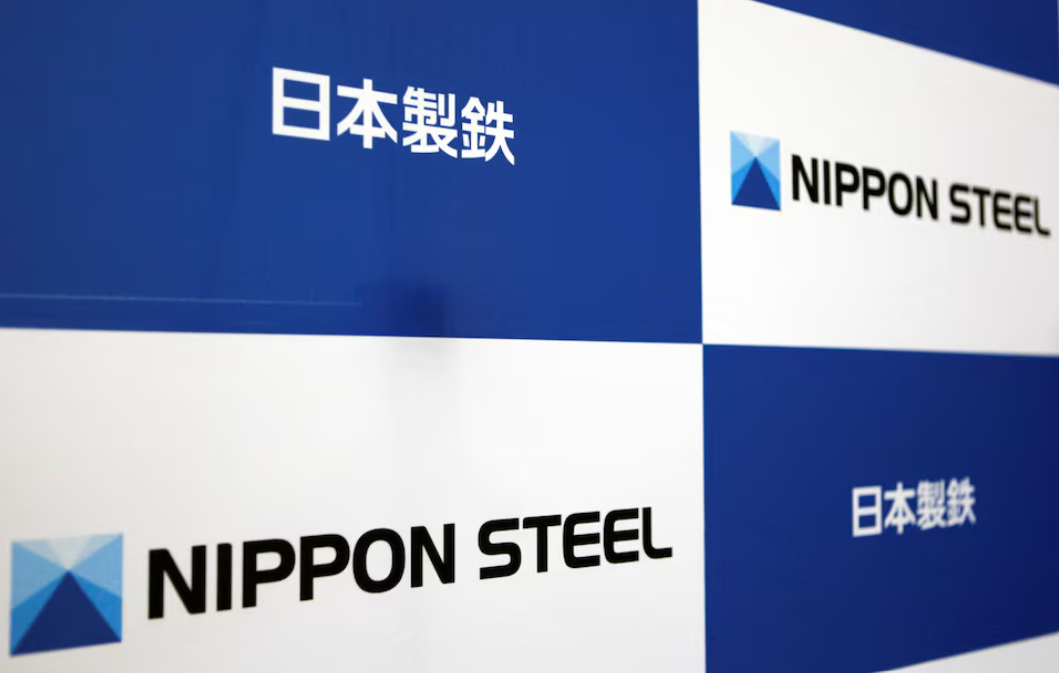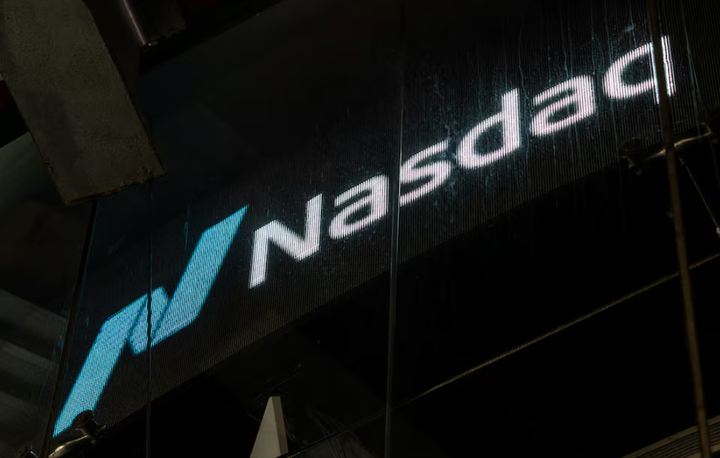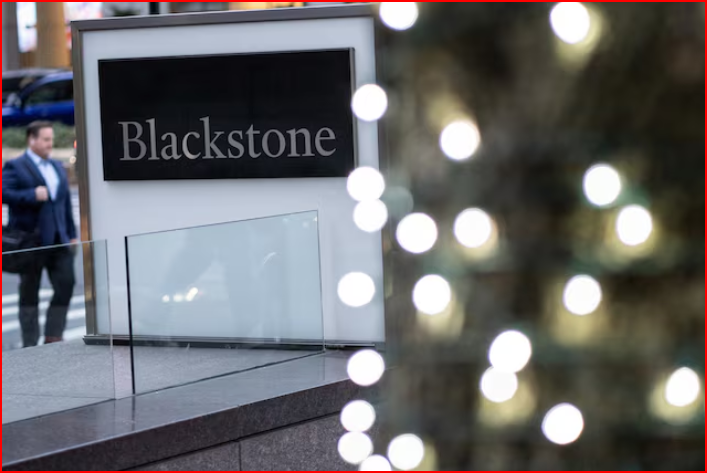Nippon Steel Secures $5.6 Billion in Subordinated Loans to Fund U.S. Steel Acquisition
Nippon Steel secures $5.6 billion in subordinated loans from Japanese megabanks to fund its $15 billion acquisition of U.S. Steel, advancing the deal amid regulatory review.

Japan’s largest steelmaker taps megabanks for major financing to advance $15 billion U.S. Steel takeover bid amid regulatory scrutiny.
Nippon Steel Corp (5401.T), Japan's leading steelmaker, announced on Wednesday that it has lined up $5.6 billion in subordinated loans from a consortium of top Japanese banks, including MUFG, SMBC, and Mizuho, to help fund its ambitious $15 billion acquisition of United States Steel Corp (X.N). The move marks a pivotal step forward for one of the year's most significant cross-border industrial deals, despite ongoing regulatory and political hurdles in the United States.
Nippon Steel’s Mega-Deal Moves Forward
Nippon Steel, already one of the world’s largest steel producers, revealed that it will secure a total of about 900 billion yen ($5.6 billion) in subordinated loans. These loans—provided by Mitsubishi UFJ Financial Group (MUFG), Sumitomo Mitsui Banking Corporation (SMBC), and Mizuho Financial Group—are a form of debt considered riskier than senior loans but more attractive to investors due to higher yields.
The financing, which will be finalized later this month, will form a crucial component of the funding package for Nippon Steel’s planned $15 billion takeover of U.S. Steel, announced last December. The remainder will be covered by bridge loans, internal cash, and the sale of bonds.
“We are grateful for the strong support of Japan’s leading banks, reflecting confidence in our strategic vision and growth potential,” a Nippon Steel spokesperson said in a written statement. "Securing this financing is a significant milestone for our cross-border expansion."
Details Behind the Financing Structure
Why Subordinated Loans?
Subordinated loans differ from conventional lending in that they are paid after other debts in the event of bankruptcy—posing greater risk to lenders, but helping companies maintain credit ratings and financial flexibility. According to the company, the loans will bolster its balance sheet without overly raising its debt-to-equity ratio. These types of hybrid instruments are frequently used by large Japanese companies to fund big-ticket acquisitions.
“By choosing subordinated loans, Nippon Steel optimizes its capital structure to support this transformative acquisition,” said Tokai Research Institute analyst Yuki Kazama in an interview with Reuters.
Support from Financial Giants
MUFG, SMBC, and Mizuho occupy the top tier among Japanese banks. Their participation underscores both their financial strength and political support for keeping such a major international transaction under Japanese stewardship.
A Mizuho source, speaking anonymously, told Reuters, “This deal is crucial for securing Japan’s industrial competitiveness in the face of a rapidly shifting global market. The financial community wants to see it succeed.”
Regulatory, Political, and Economic Context
Regulatory Scrutiny in the United States
The acquisition has drawn significant attention in the United States, where labor unions, industry watchdogs, and some politicians have raised concerns about foreign ownership of a storied American manufacturer. The Committee on Foreign Investment in the United States (CFIUS) is still reviewing the deal, with critics arguing it could undermine U.S. industrial sovereignty.
U.S. Secretary of Commerce Gina Raimondo said in May, “The Biden administration is committed to thoroughly evaluating the implications of this transaction for our national security and industrial base.” However, Nippon Steel has pledged to maintain operations, jobs, and headquarters in the U.S., aiming to assuage these worries.
Strategic Motives and Market Implications
The deal, if approved, would catapult Nippon Steel into the position of the world’s largest steel producer outside China and provide U.S. Steel with much-needed capital and access to technical innovations. It also reflects broader trends of consolidation in the global steel industry amidst rising competition from China and increasing demand for green steel solutions.
“Nippon Steel’s acquisition of U.S. Steel will create powerful synergies,” said steel industry analyst Koji Matsumoto. “But the bigger challenge is navigating the geopolitical complexities in the current climate.”
What Happens Next?
With subordinated loan funding secured, Nippon Steel is ready to press forward while it awaits regulatory clearance in the U.S. and other jurisdictions. A decision from CFIUS is expected in the coming months, and the company has signaled it is willing to make further commitments to address local concerns.
Nippon Steel’s shares have shown resilience in recent days, reflecting analyst optimism that the company will push the acquisition through, albeit with additional safeguards for U.S. interests.
Nippon Steel’s ability to secure $5.6 billion in subordinated loans marks a watershed moment in its quest to acquire U.S. Steel. While regulatory approvals remain an obstacle, the robust support from Japan’s financial sector underscores strong backing for the deal at home. As the global steel industry braces for potential transformation, all eyes are on the next moves by Nippon Steel, U.S. regulators, and the steel markets on both sides of the Pacific.
Sources Used
Reuters: Nippon Steel to raise $5.6 billion in subordinated loans to fund U.S. Steel deal
Wall Street Journal: “Nippon Steel Faces U.S. Scrutiny Over U.S. Steel Deal”
Financial Times: “Japanese Banks Back Nippon Steel in Mega Merger”
Official statements from Nippon Steel (corporate website)
Press briefings from U.S. Department of Commerce



